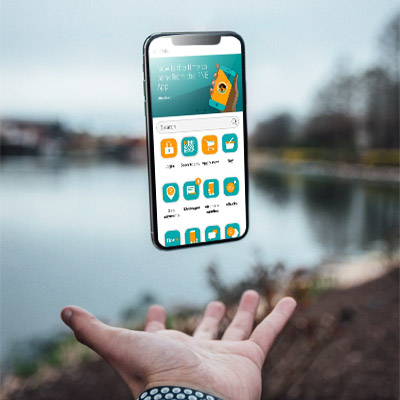About us
Who we are
Find out about FNB - its structures, values, community involvement and more.
Our roots
Humble beginnings
FNB is the oldest bank in South Africa, and can be traced back to the Eastern Province Bank formed in Grahamstown in 1838. Today, FNB trades as a division of FirstRand Bank Limited.
Environmental focus

Environmental policies and compliance
Covering the direct environmental impact of our own daily operations.
Read More
Suppliers and other third parties
We engage with suppliers and contractors on environmental issues.
Read More
Energy + water conservation
Awareness about water and energy conservation through training.
Read MoreFNB Archives
On the record
The FNB Archives Department was established in 1979 to carry out document research and make available to the public the important historical records accumulated by the bank.
FirstRand group
Listed on the JSE and the Namibian Stock Exchange, FirstRand Limited is one of the largest financial institutions in South Africa.
Sustainability
Being earth-friendly
At FNB, our vision is to transform a good business to a great business and to help create a better world.





